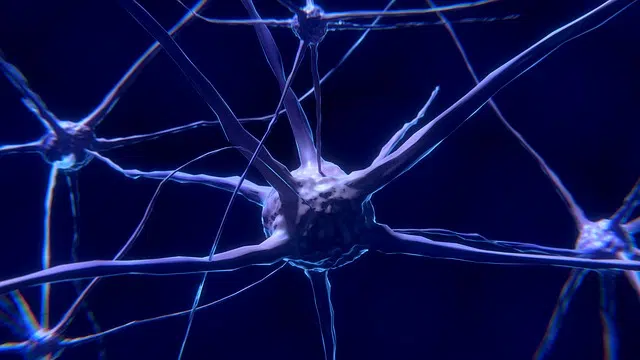
We can know things only as we perceive them.
Phenomenalism is a theory and current of philosophy that maintains that objects can only be known as they are perceived . This means that it is impossible to know things as they are in themselves .
Exclusive perception of phenomena
For phenomenalism, the human being only has access to phenomena : that is, to the manifestation of things before the senses. Behind the phenomenon is the noumenon , a structure that cannot be perceived directly but through reason.
Expressed another way, we know phenomena according to how they “appear.” That is why phenomenalism, promoted by Immanuel Kant ( 1724 – 1804 ), is situated between empiricism and rationalism .
It is important to remember that empiricism argues that knowledge arises from experience, while rationalism postulates reason as the origin of knowledge. Phenomenalism, meanwhile, believes that both experience and reason allow the obtaining of knowledge.
Rationalism and empiricism
As we mentioned in a previous paragraph, Kant stated that phenomenalism was halfway between rationalism and empiricism. Let's say that its emergence allowed us to find a solution to the problem of the origin of knowledge in both currents. According to rationalism, knowledge originates in reason, which is, in turn, its main source .
Empiricism, on the other hand, maintains that knowledge is found in concrete events, and that it is born from experimentation and experience, a point of view that is mainly related to the natural sciences. By combining both theories, phenomenalism takes the element of reason and empirical phenomena and uses them together to access knowledge.
At first, the line that divides these currents seems well defined: one focuses on the apparently material and unquestionable, while the other, on the subjective and interior, unique and different in each living being. How can we combine them, then, into a single theory that takes advantage of both bases ? To resolve this mystery we must refer to one of the fundamental characteristics of phenomenalism, according to which the world of phenomena reaches our consciousness and there sensitivity, understanding and reason come into action to order and elaborate it.
Although it postulates that things can only be known in the way they are perceived, we cannot deny that our brain must process this data to convert it into information and then store it, and throughout this entire process it is inevitable that reason acts. The fundamental difference, therefore, between this way of understanding the origin of knowledge and that of rationalism, is the starting point: in the first case it is the external world, and in the second, the internal one.
Inaccessible reality
Phenomenalism, in short, expresses that it is not possible to know things in themselves: what is known is the phenomenon . These phenomena “appear” in consciousness and are ordered and analyzed through reason and sensitivity.

For phenomenalism, reason is necessary to order and analyze knowledge.
It should be noted that phenomenalism recognizes the existence of real things. However, he ensures that this real dimension is inaccessible to people, who only know through the phenomenon.
According to phenomenalism, the causes and substances of things are based on forms of understanding that receive stimulation from sensations. These sensations go beyond the will . Let's say that the real dimension impacts us without us being able to avoid it or, on the contrary, provoke it. It stimulates us and it is only then that we perceive the phenomena that, in our mind, shape the outside world.
